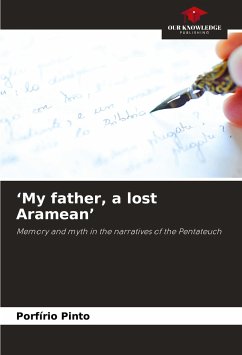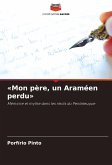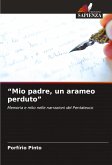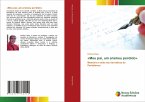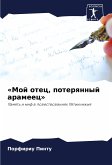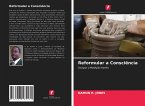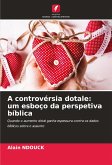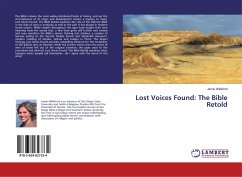This essay is an invitation to the reader to look at the narratives of the Pentateuch in a new way. It is true that the Torah is the sacred text of Judaism and the foundation of the Jewish faith. However, before it was "canonized", it was a collection of varied texts that served to give nascent Judaism its own identity during the Persian and Hellenistic periods (roughly between the 6th and 3rd centuries BC). In this sense, they have to do with biblical "historiography" (i.e. the writing of history). However, we are not going to look at them as historical "sources", but rather as literary texts with a historical value, insofar as they contributed to building a "collective memory" of Judaism. In our opinion, that's what it's all about: a collective memory.
Hinweis: Dieser Artikel kann nur an eine deutsche Lieferadresse ausgeliefert werden.
Hinweis: Dieser Artikel kann nur an eine deutsche Lieferadresse ausgeliefert werden.

